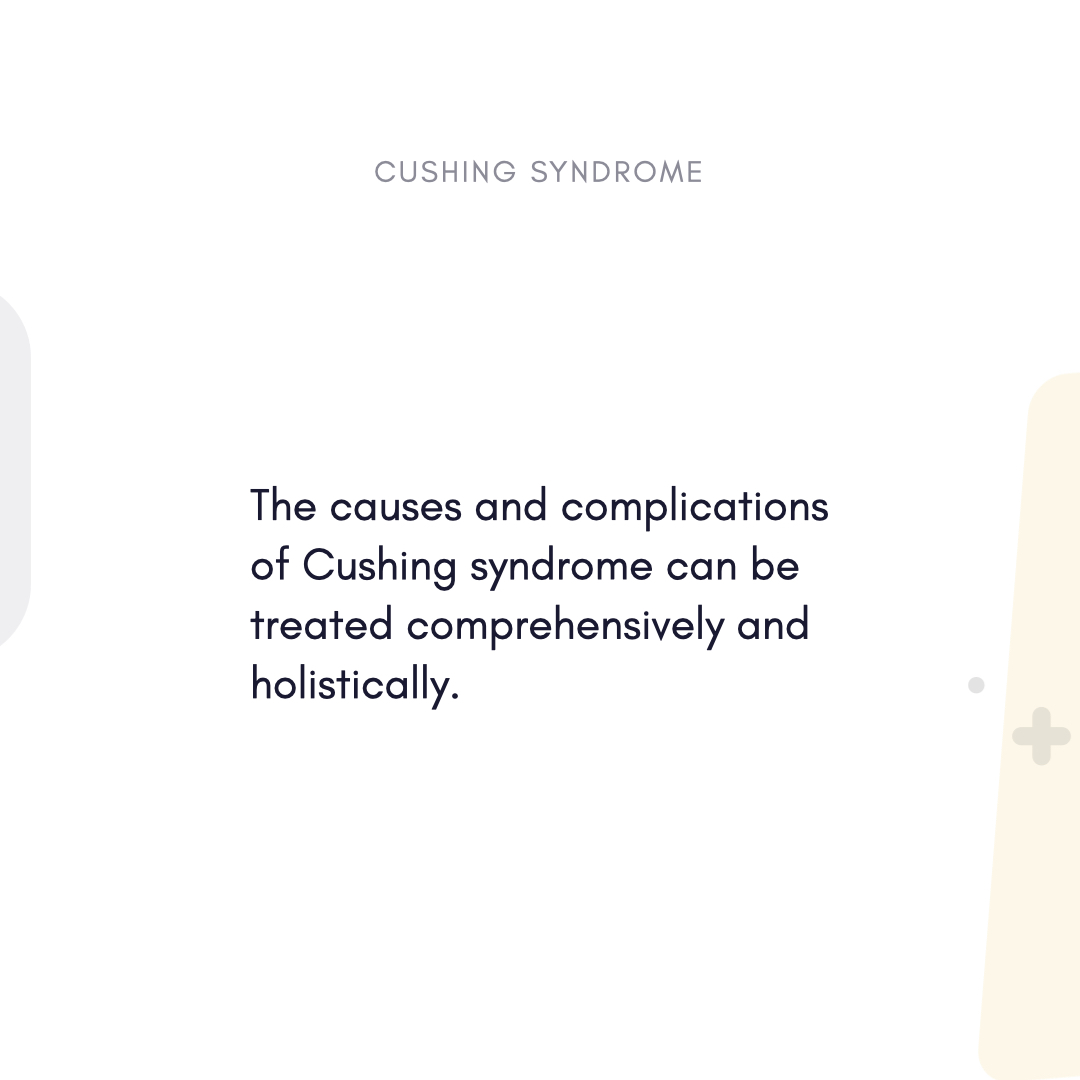Cushing Syndrome and Direct Primary Care (DPC): Precision Care for Hormonal Health
Cushing Syndrome, a complex endocrine condition caused by excessive cortisol levels, leads to weight gain, hypertension, muscle weakness, and mood swings. Often due to tumors (pituitary/adrenal) or prolonged steroid use, it requires precise diagnosis, multidisciplinary collaboration, and long-term monitoring. Aligned with Endocrine Society guidelines, Direct Primary Care (DPC)—a membership-based model—offers individualized, accessible, continuous care to manage this condition effectively and improve quality of life.

How DPC Improves Cushing Syndrome Treatment (Accurate Diagnosis & Monitoring)
- Comprehensive testing: Coordinate 24-hour urine-free cortisol, midnight salivary cortisol, and dexamethasone suppression tests to confirm hypercortisolism.
- Imaging referrals: Facilitate MRIs/CT scans to locate pituitary/adrenal tumors, ensuring timely specialist collaboration.
- Customized plans: Adjust glucocorticoids (if iatrogenic) or prescribe cortisol-lowering drugs (ketoconazole) under endocrinologist guidance.
- Surgical coordination: Partner with surgeons for tumor resections (e.g., transsphenoidal surgery) and post-op monitoring.
- Comorbidity management: Address diabetes, osteoporosis, and mental health (anxiety/depression) via meds, lifestyle changes, and counseling.
Personalized Cushing Syndrome Management (Tailored Strategies)
- Post-treatment monitoring: Use bone density scans and cortisol tests to detect osteoporosis or recurrence.
- Lifestyle adjustments: Recommend nutrition plans, exercise regimens, and stress management (mindfulness, yoga).
- Mental health support: Treat mood swings, fatigue, and body image issues with therapy/SSRIs per guidelines.
- Patient education: Teach symptom tracking (new stretch marks, irregular cycles) and self-advocacy during specialist referrals.
Why DPC Benefits Cushing Syndrome Patients (Key Advantages)
- Urgent care access: Same-day/next-day visits address infections or hypertensive crises promptly.
- Continuity: A trusted provider adjusts treatments during recovery or steroid tapering.
- Cost transparency: Flat monthly fees (USD 50–150) cover labs, provider access, and care coordination without surprise bills.
- Holistic focus: Integrates physical, mental, and emotional health for systemic condition management.
Limitations (Important Considerations)
- Radiation, complex meds, or tumor removal require endocrinologists/surgeons beyond DPC’s scope.
- Insurance remains essential for advanced imaging, surgeries, or specialized medications.
Final Conclusions (Empowered Care)
- DPC bridges gaps in traditional Cushing Syndrome care through timely interventions, multidisciplinary coordination, and holistic monitoring.
- Aligns with Endocrine Society guidelines by prioritizing personalized treatment and mental health.
- Simplifies care via seamless communication among PCPs, endocrinologists, and surgeons.
- Reduces financial strain with transparent pricing for chronic management labs.
- Empowers patients to navigate Cushing Syndrome confidently, transforming diagnosis into a structured path toward hormonal balance and wellness.






